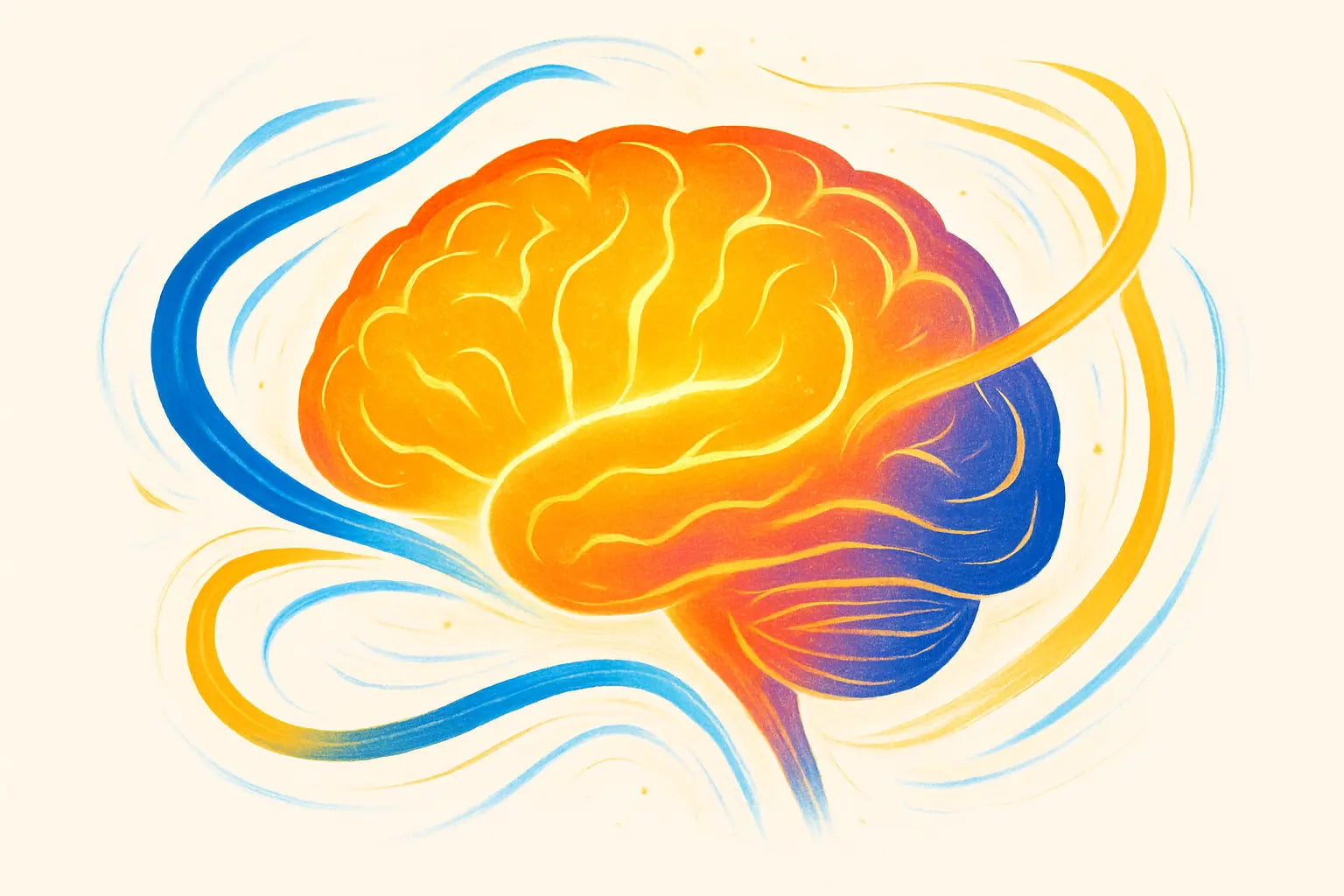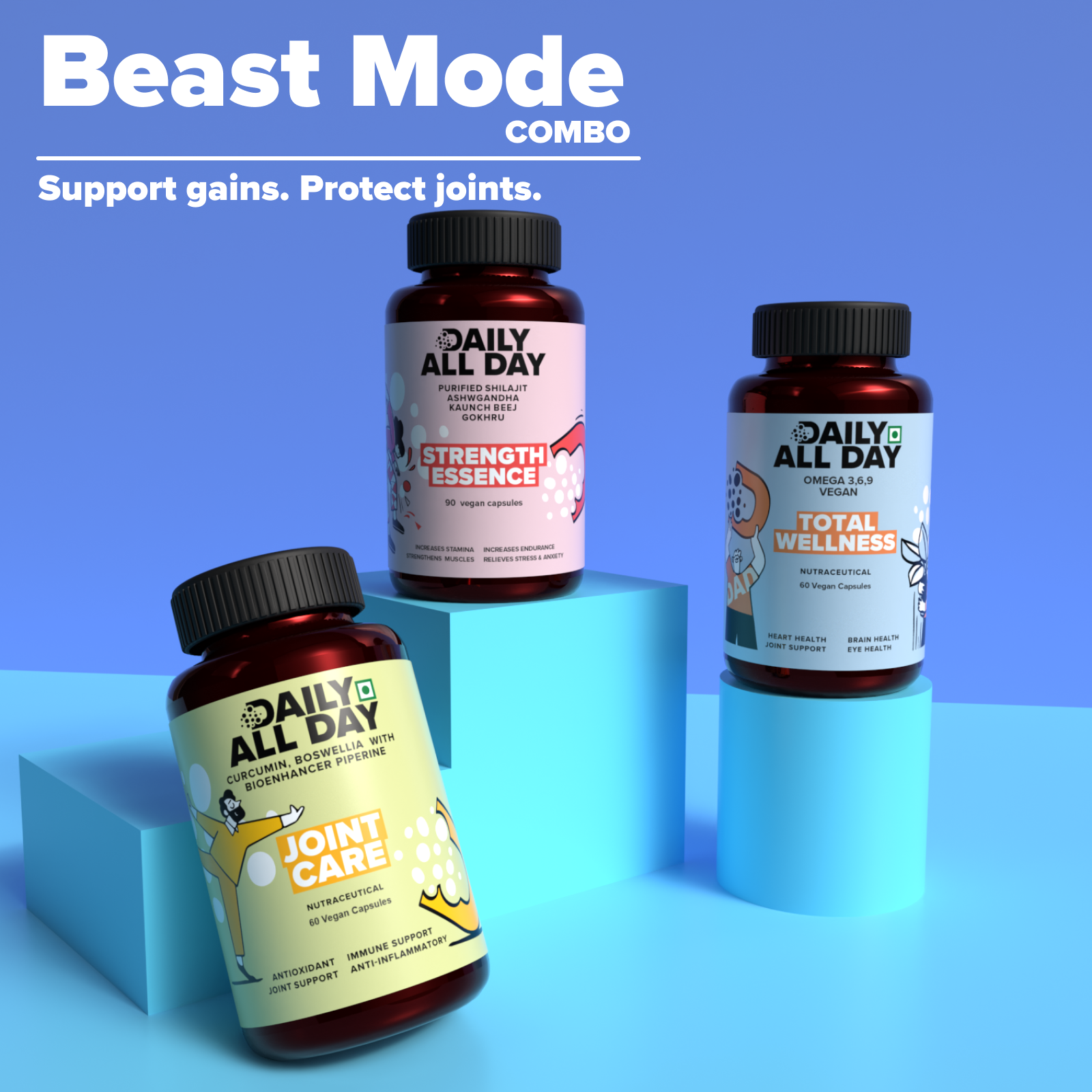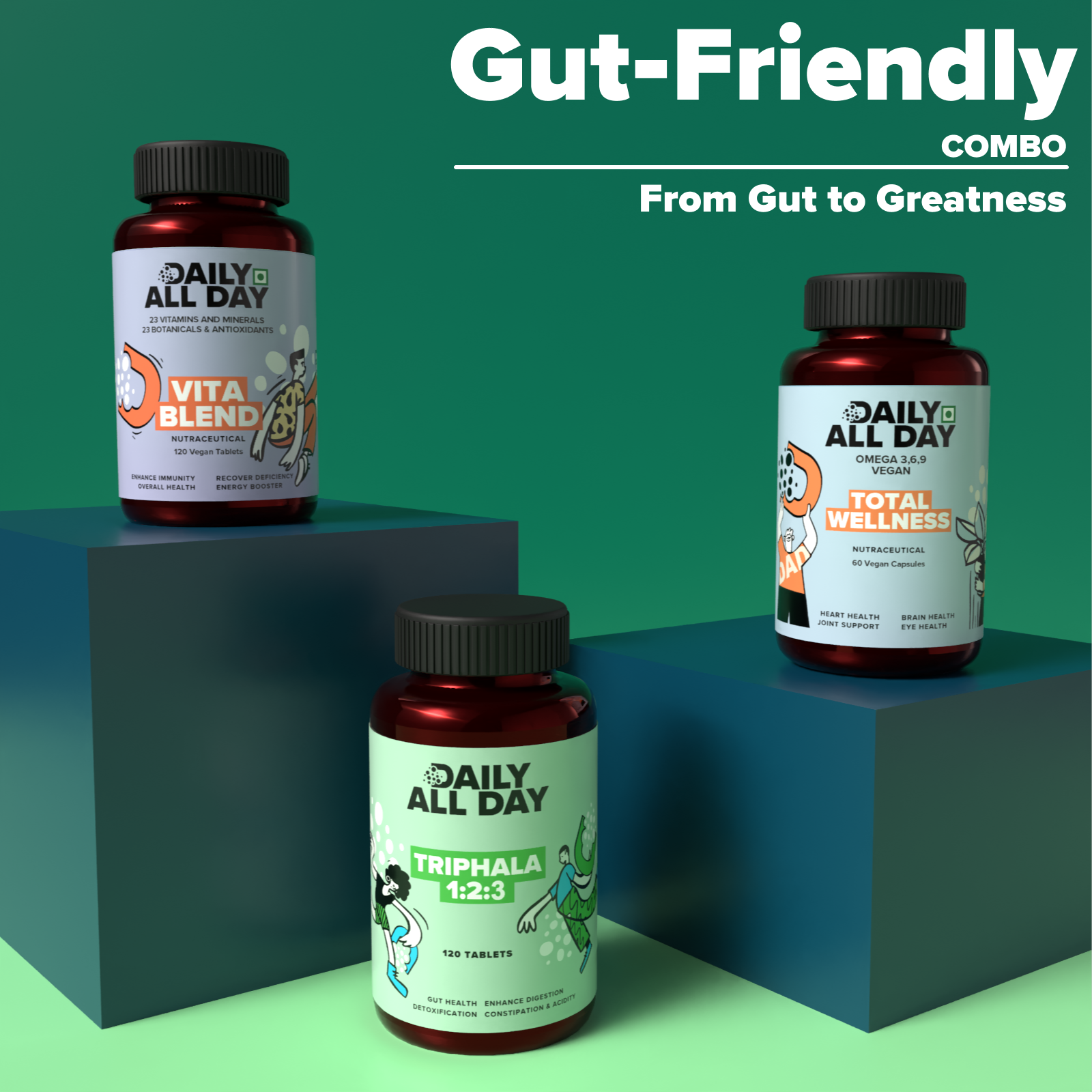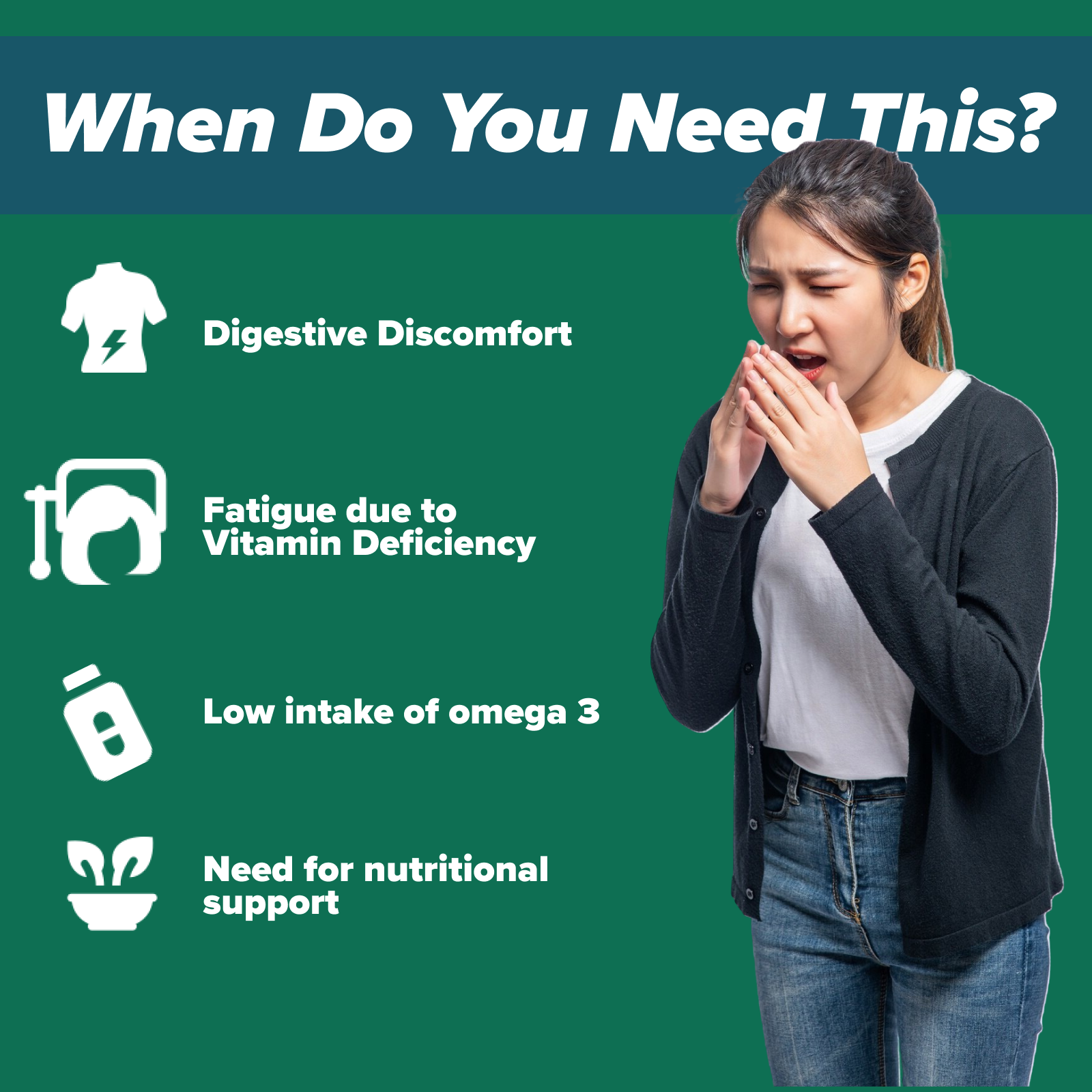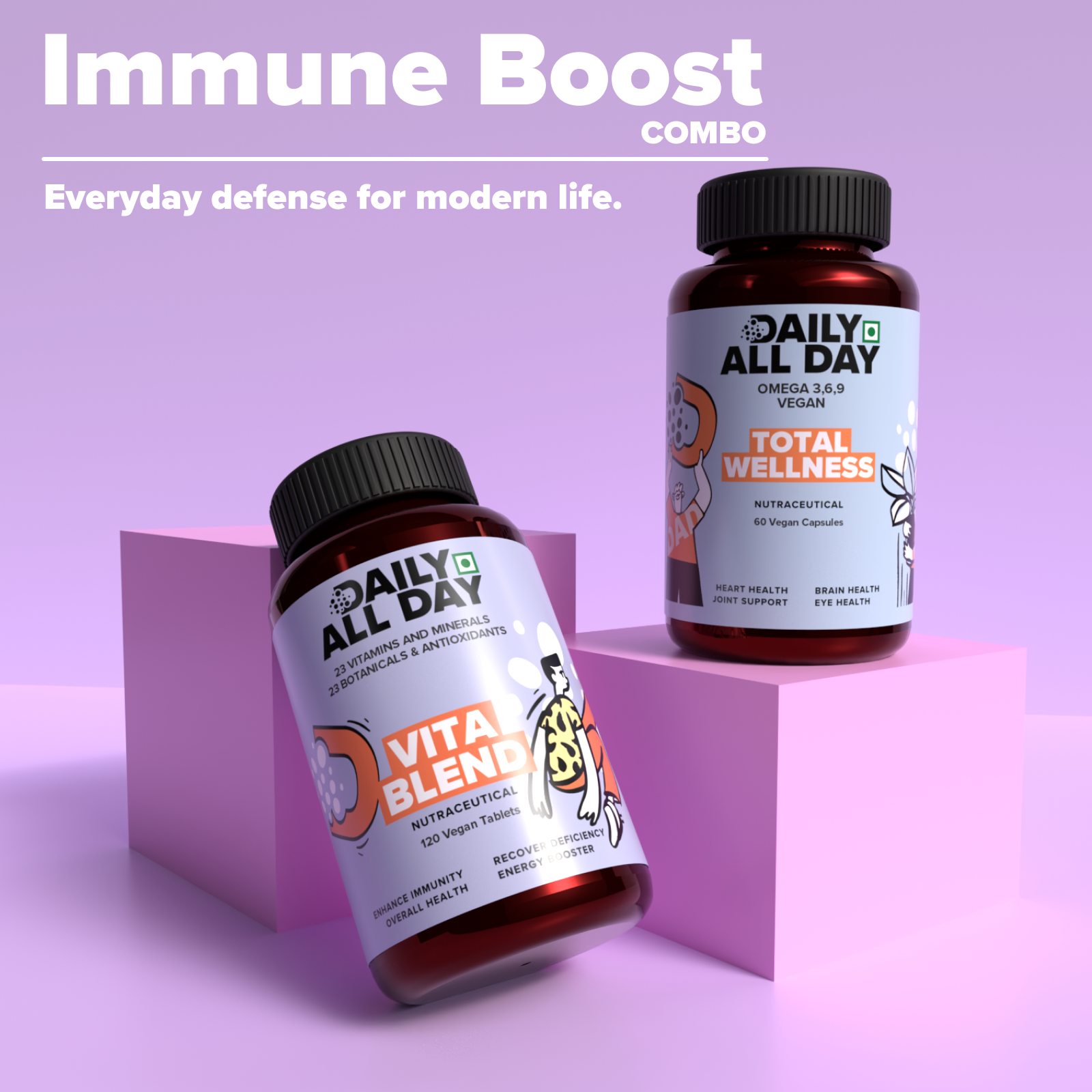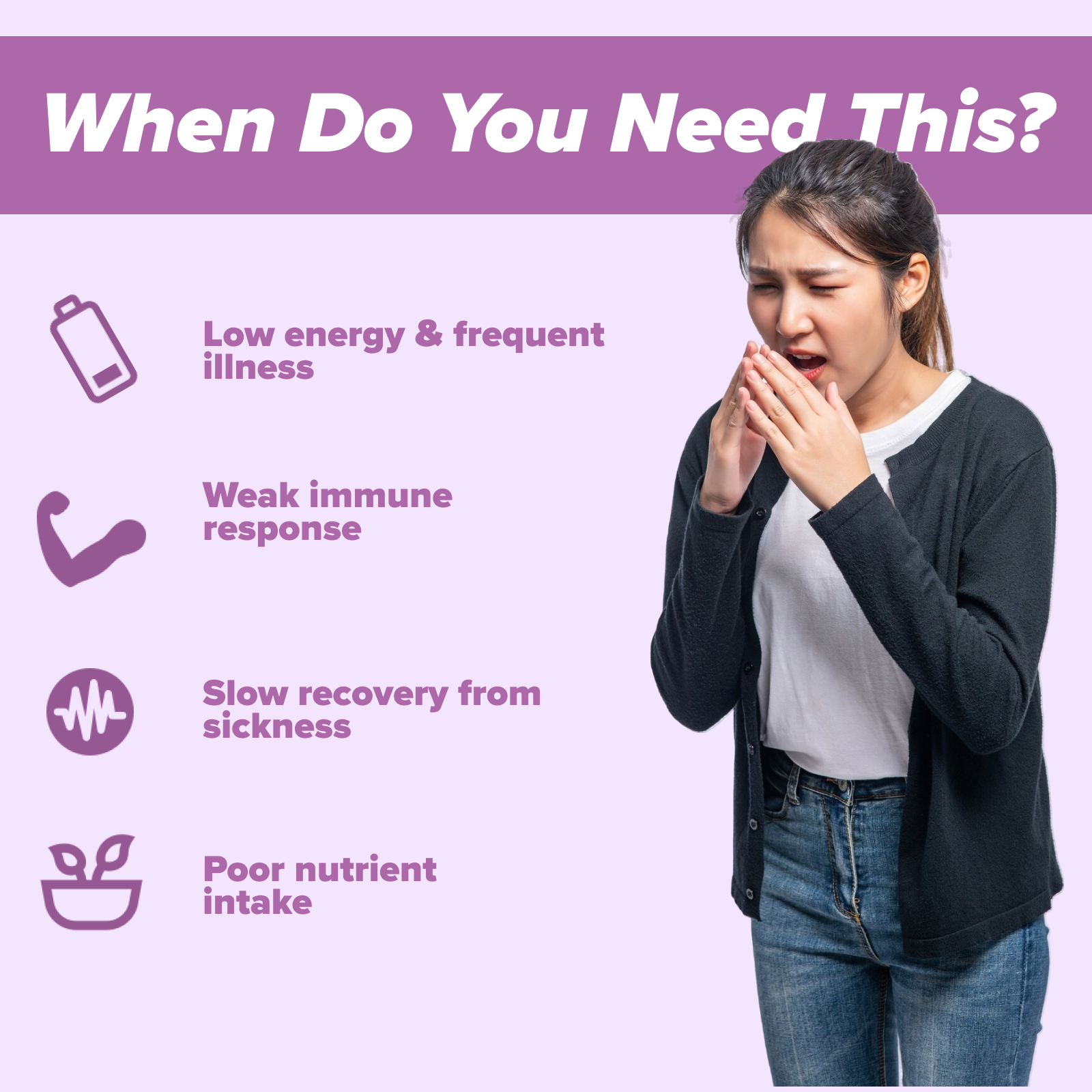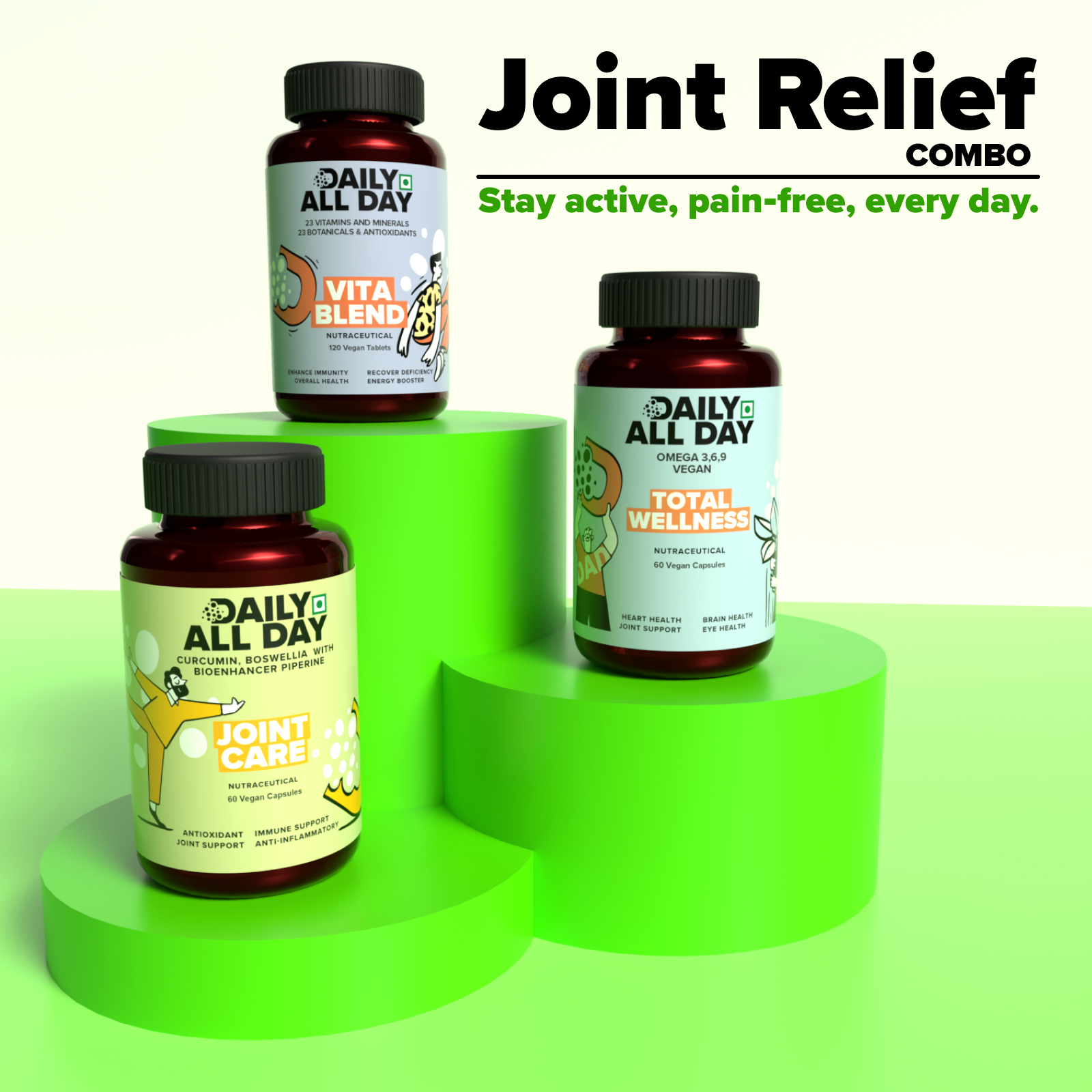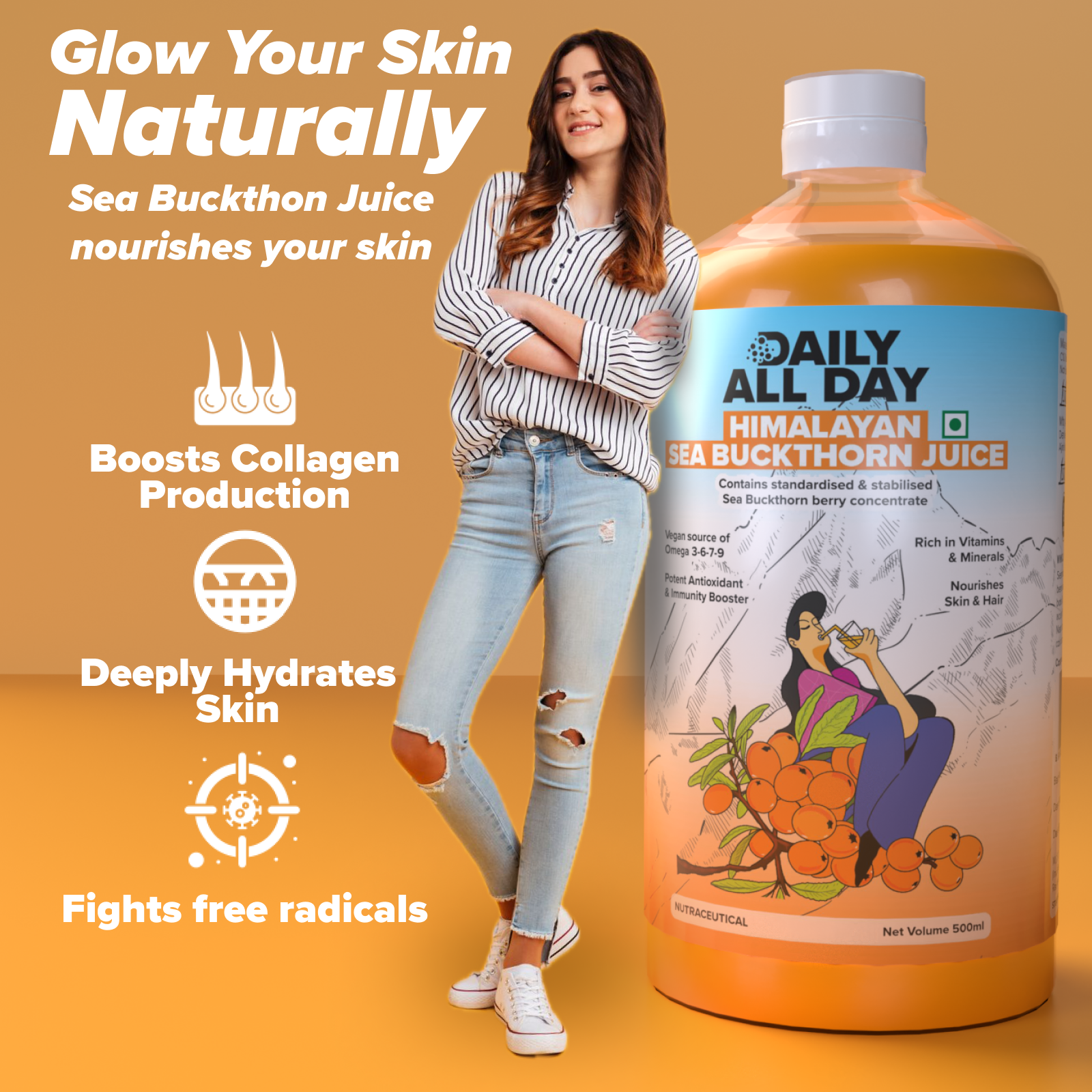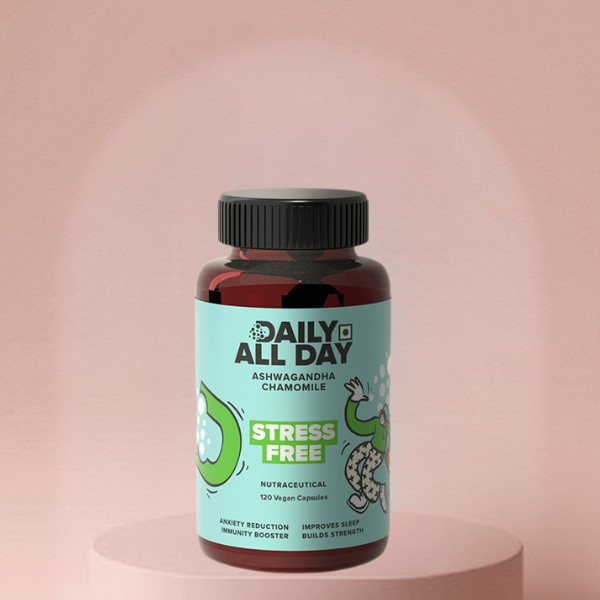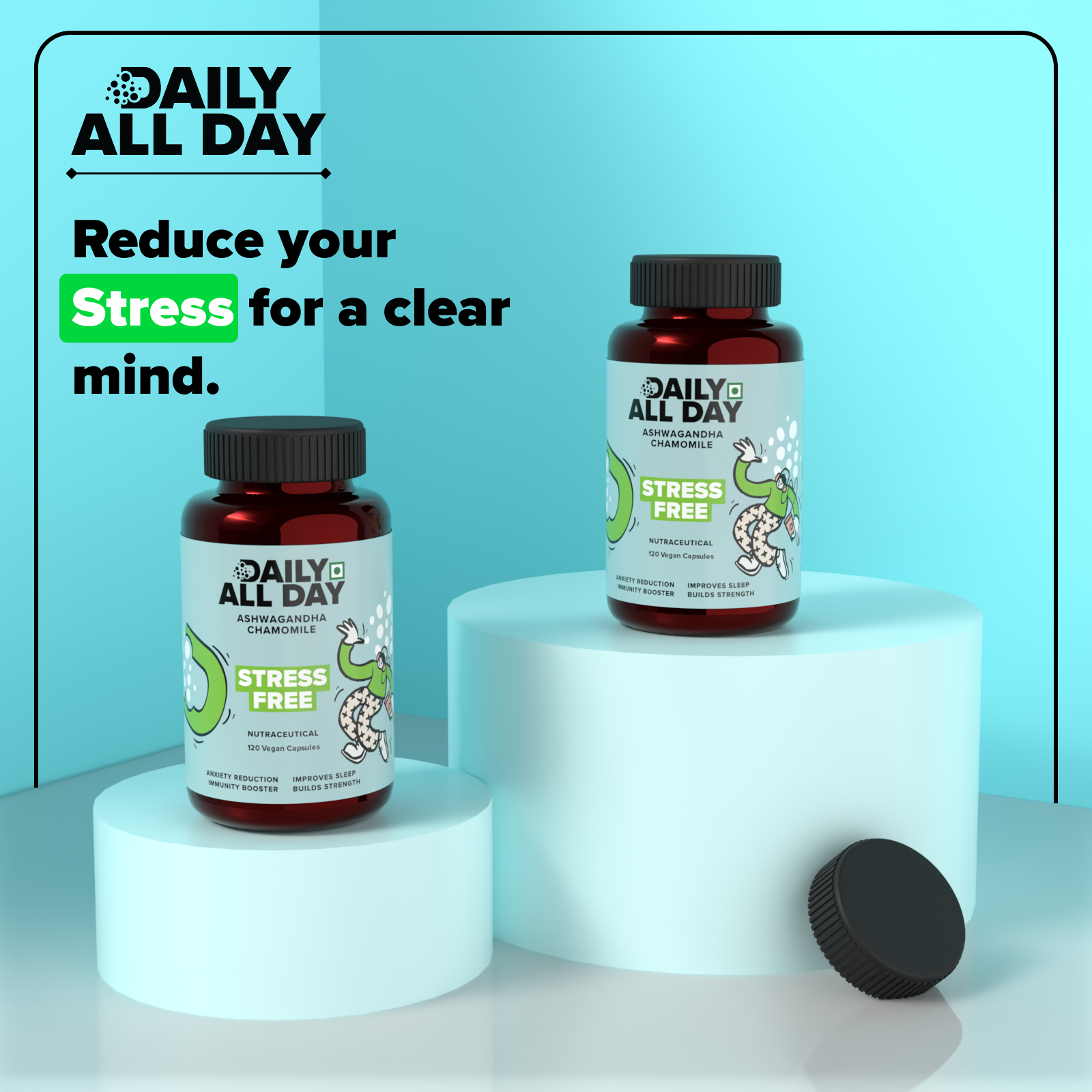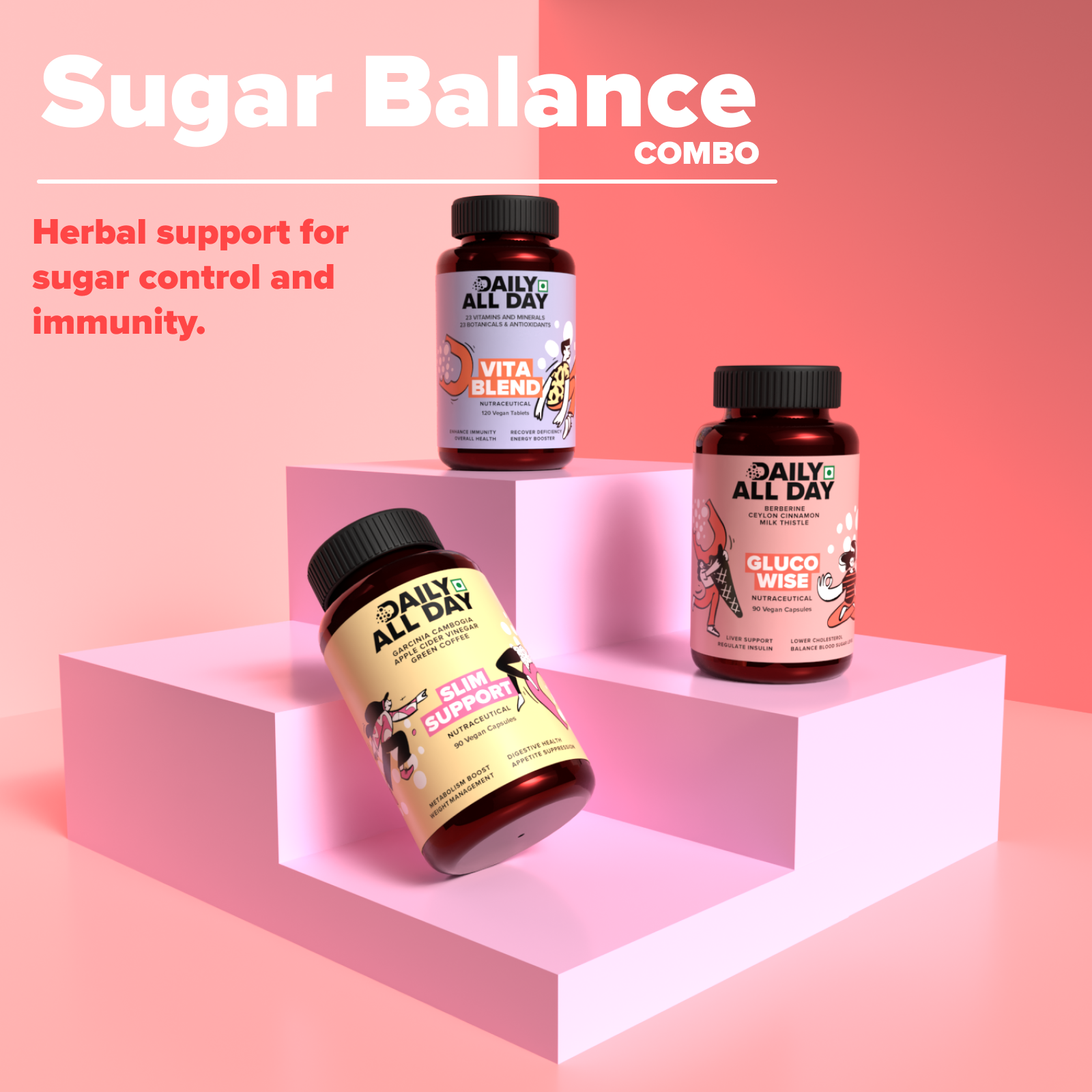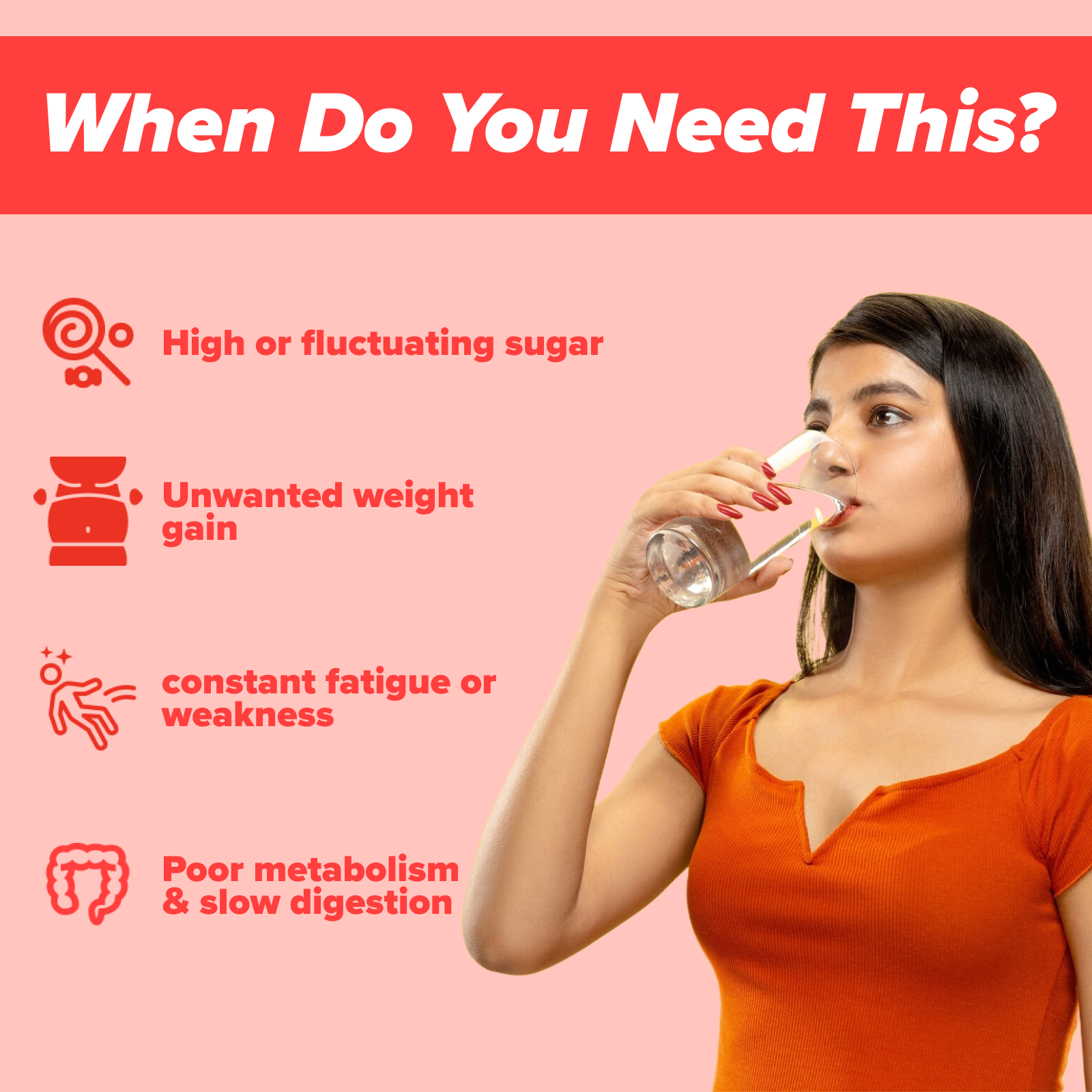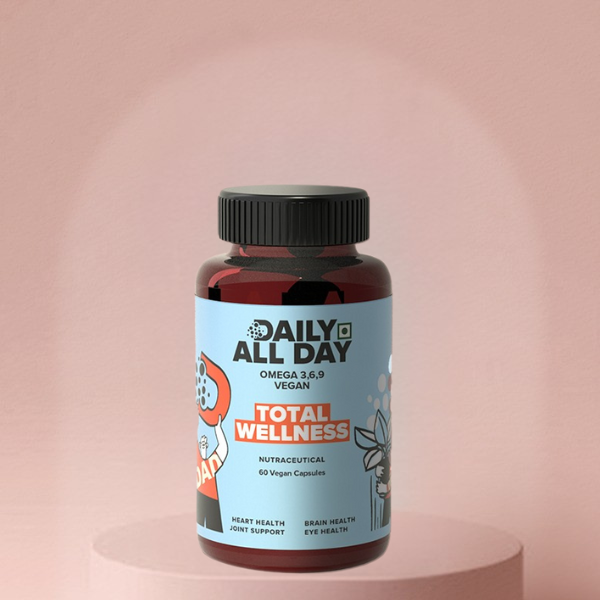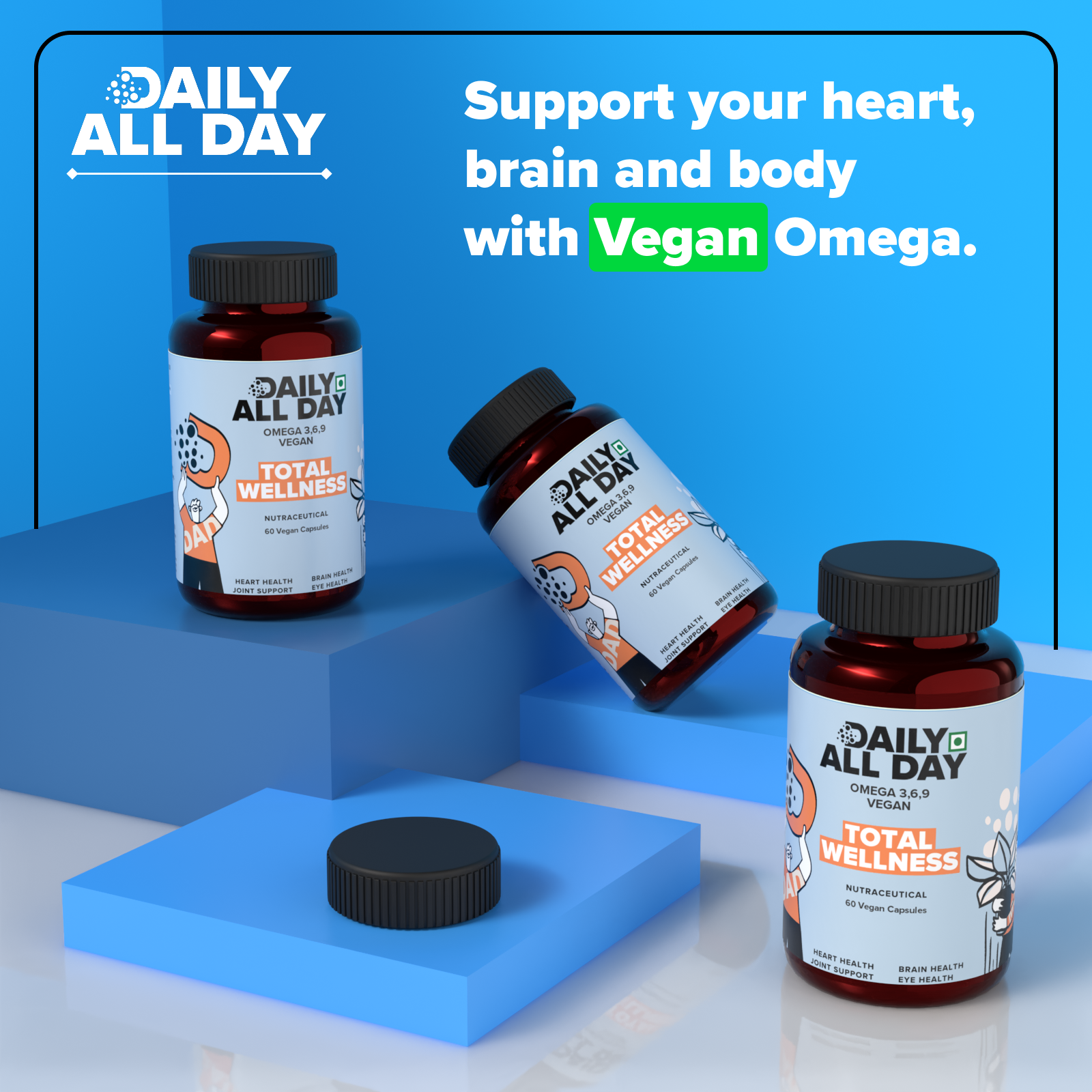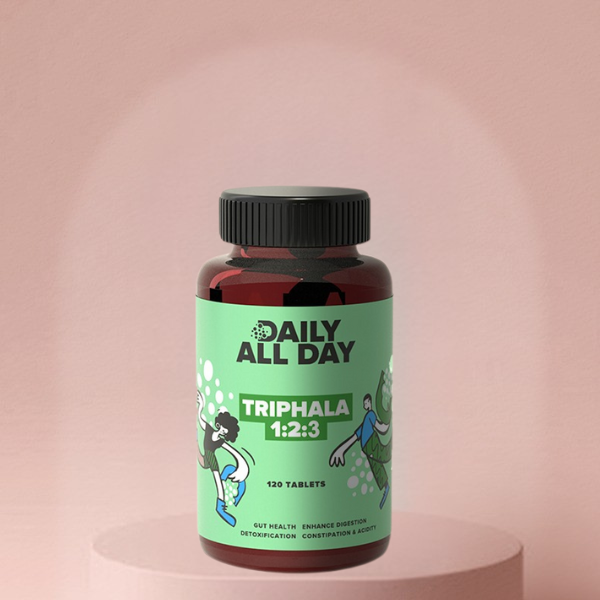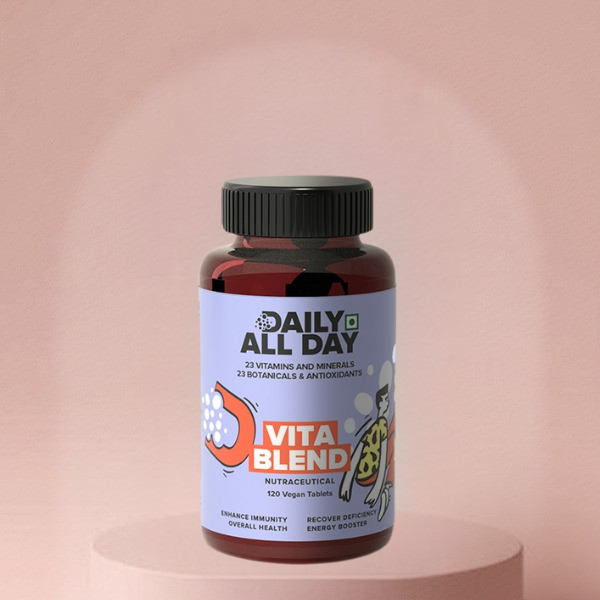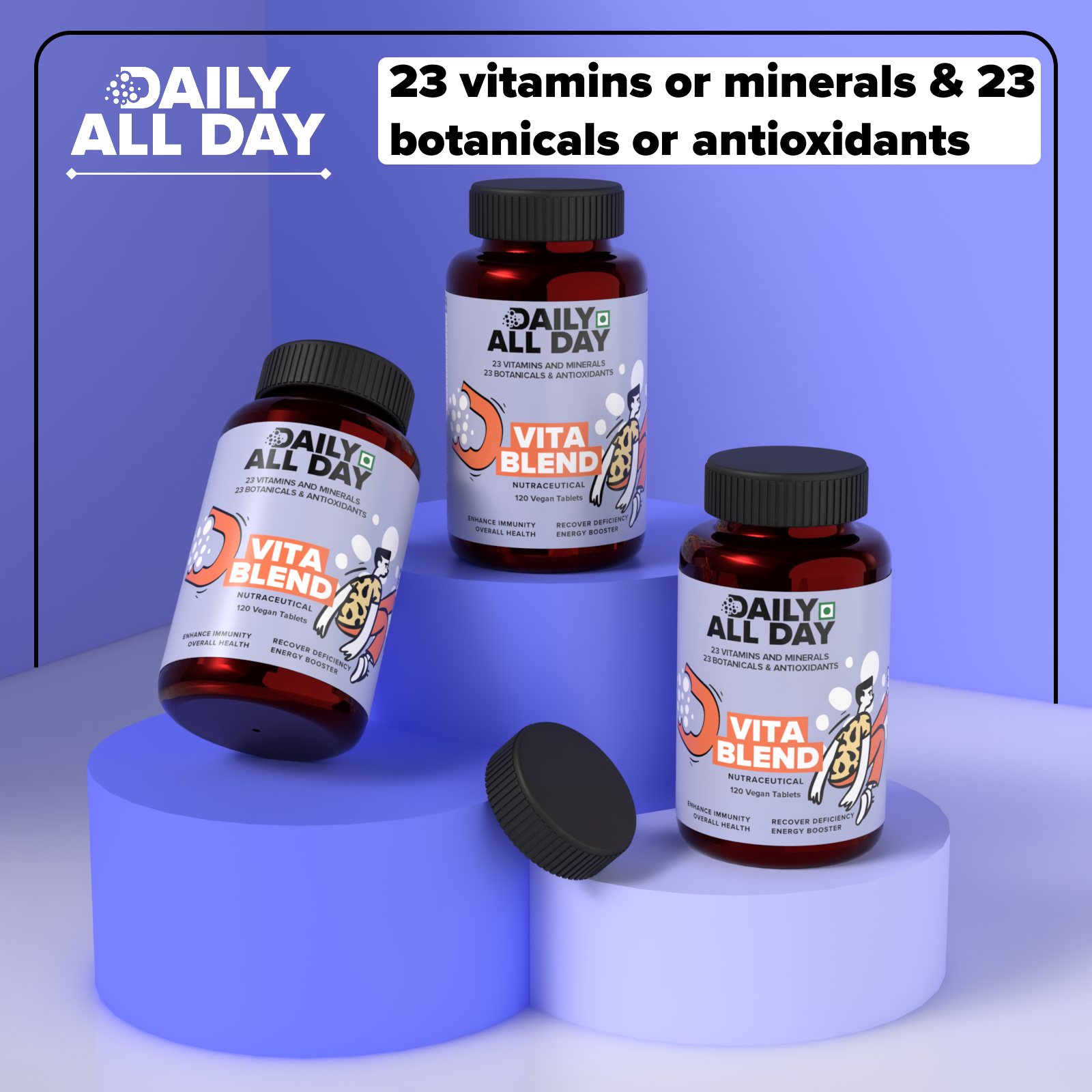Have you ever had one of those days where your brain feels like it’s running on low battery? You walk into a room and forget why you’re there, or you struggle to focus on a simple task. It’s like living in a constant state of brain fog. As a student juggling exams or a parent managing a household, this mental haze can be frustrating and overwhelming. What if I told you that a simple nutrient could be the secret weapon to recharging your mind? Let’s talk about omega-3 fatty acids, the ultimate brain food that can help you feel sharper, clearer, and more in control.
Table of Contents
- What Exactly Are Omega-3 Fatty Acids?
- Ingredients Deep Dive: The Three Musketeers of Omega-3
- How Omega-3s Supercharge Your Brain Power
- The Gut-Brain Connection: A Superhighway to Wellness
- Filling Your Plate: Top Omega-3 Foods
- A Helping Hand: When to Consider Omega-3 Supplements
- Insights from Around the Web: Quora Q&A on Omega-3s
- Frequently Asked Questions
What Exactly Are Omega-3 Fatty Acids?
Think of omèga 3 as essential workers for your body. They are a type of polyunsaturated fat, which sounds complicated, but it just means they are “good fats” that your body needs but can't make on its own. This is why they're called “essential” fatty acids—you have to get them from the food you eat or from supplements. These fats are crucial for many body functions, but they are true superstars when it comes to your brain.
Ingredients Deep Dive: The Three Musketeers of Omega-3
Not all omega-3s are created equal. There are three main types, each with a special job to do for your health.
- DHA (Docosahexaenoic Acid): Meet the brain builder. DHA is a major structural component of your brain and the retina of your eyes. Think of it as the primary building block for your brain cells. Having enough DHA is linked to better memory, improved learning ability, and overall cognitive function. It’s absolutely vital for brain development in infants and for maintaining brain health throughout your life.
- EPA (Eicosapentaenoic Acid): This is the mood manager. EPA is known for its incredible anti-inflammatory properties. Inflammation isn't just about a swollen ankle; it can also happen in your brain, contributing to feelings of depression and anxiety. EPA helps keep this inflammation in check, which can lead to a more stable and positive mood. Some studies suggest it can even boost the effectiveness of antidepressants.
- ALA (Alpha-Linolenic Acid): The plant-powered one. ALA is found in plant-based foods like flaxseeds, chia seeds, and walnuts. Your body can convert ALA into EPA and DHA, but the process is not very efficient. So, while ALA is a great addition to your diet, you need a lot of it to get the same benefits as you would from direct sources of EPA and DHA. It’s still an important part of a balanced diet, especially for vegetarians and vegans.
How Omega-3s Supercharge Your Brain Power
So, how do these amazing fats actually make a difference in your day-to-day life? The benefits are both powerful and practical.
- Sharpens Memory and Focus: As a key component of brain cell membranes, DHA helps nerve cells communicate better. This translates to quicker thinking, better memory recall, and an improved ability to focus on tasks without getting distracted.
- Fights Off Brain Fog: That sluggish, fuzzy feeling? It could be a sign of inflammation or poor brain cell function. The anti-inflammatory power of EPA and the structural support of DHA work together to clear the fog, leading to mental clarity and sharpness.
- Boosts Your Mood: Omega-3s play a role in the production of feel-good brain chemicals like dopamine and serotonin. Research has shown that a diet rich in omega-3s can help reduce symptoms of depression and anxiety, promoting a greater sense of well-being. This is your secret weapon for staying positive and resilient, even on the most challenging days.
- Protects Your Brain for the Future: The benefits aren’t just for today. Studies suggest that a higher intake of omega-3s may contribute to a reduced risk of age-related cognitive decline. By nourishing your brain now, you're investing in its long-term health and vitality.
The Gut-Brain Connection: A Superhighway to Wellness
Have you ever felt “butterflies” in your stomach when you’re nervous? That’s the gut-brain connection in action! This is a real, physical communication network between your digestive system and your brain. What happens in your gut doesn't stay in your gut; it directly impacts your mood, emotions, and even your thoughts.
Omega-3s help maintain a healthy gut by reducing inflammation and supporting the diversity of good bacteria. A happy gut sends happy signals to the brain, which can improve your mood and reduce stress. By supporting this connection, you are taking a holistic approach to your mental and physical health, unlocking a new level of well-being through mindful eating.
Filling Your Plate: Top Omega-3 Foods
Getting these brain-boosting fats into your diet is easier (and tastier) than you think! Here’s a list of top omega-3 foods:
- Fatty Fish: Salmon, mackerel, herring, sardines, and anchovies are packed with EPA and DHA.
- Nuts and Seeds: Flaxseeds, chia seeds, and walnuts are excellent plant-based sources of ALA. Sprinkle them on yogurt, add them to smoothies, or just snack on them!
- Fortified Foods: Some eggs, yogurts, and milks are fortified with omega-3s. Check the label to be sure.
- Plant Oils: Flaxseed oil, soybean oil, and canola oil contain ALA.
A Helping Hand: When to Consider Omega-3 Supplements
Let’s be realistic—life gets busy, and it's not always easy to get enough omega-3s from food alone, especially if you don't eat fish regularly. This is where omega-3 supplements come in. High-quality omega-3 capsules or omega-3 tablets can be a convenient and reliable way to ensure you're meeting your brain's needs.
When looking for the best omega-3 supplement, check the label for the amounts of EPA and DHA. A good supplement will clearly state how much of each it contains per serving. This ensures you're getting the active ingredients that deliver the most powerful brain benefits.
Insights from Around the Web: Quora Q&A on Omega-3s
Many people are curious about how Omega-3s work. Here are some answers to common questions, compiled from Quora:
- How does Omega-3 affect your brain? Omega-3 fatty acids, which are polyunsaturated fats, are fundamental for brain structure and mental health. They help improve overall brain function by supporting cell membranes and reducing inflammation. Read more on Quora.
- Do Omega-3s improve memory and thinking skills? Yes, the polyunsaturated fats in fish oil, particularly DHA, are crucial for cognitive health. They form a key part of brain cells, helping to enhance memory and thinking abilities. Read more on Quora.
- What is the importance of Omega-3 and its benefits? Omega-3 contributes to optimal brain health and can boost feelings of mental well-being. A diet high in these fatty acids is also linked to reduced symptoms of depression. Read more on Quora.
- Do omega 3 fatty acids help elevate brain function? Absolutely. Multiple studies show a positive correlation between higher Omega-3 levels and better brain structure, function, and long-term health. Read more on Quora.
- What's the evidence for omega-3’s role in supporting brain health? The evidence is strong. Omega-3s, especially EPA and DHA, are crucial for brain function and development. DHA, in particular, helps slow down age-related cognitive decline. Read more on Quora.
Frequently Asked Questions
- 1. What are the main types of Omega-3s?
- - The three main types are DHA (Docosahexaenoic Acid), the brain builder; EPA (Eicosapentaenoic Acid), the mood manager; and ALA (Alpha-Linolenic Acid), the plant-based starter that your body can convert into DHA and EPA.
- 2. How much Omega-3 do I need daily?
- - Most health organizations recommend a combined total of at least 250–500 mg of EPA and DHA per day for healthy adults. However, needs can vary based on age, health conditions, and diet. It's always a good idea to consult with a healthcare provider.
- 3. Can I get enough Omega-3 from a vegetarian diet?
- - It can be more challenging but is definitely possible. Vegetarians and vegans can focus on ALA-rich foods like flaxseeds, chia seeds, walnuts, and hemp seeds. It's also wise to consider an algae-based supplement, as algae are a direct source of DHA and EPA.
- 4. Are there any side effects of taking omega-3 supplements?
- - Omega-3 supplements are generally safe for most people. High doses might cause minor side effects like a fishy aftertaste, bad breath, or stomach upset. People on blood-thinning medication should talk to their doctor before starting supplements, as omega-3s can have a mild blood-thinning effect.
- 5. How long does it take to see the benefits of Omega-3s?
- - The benefits of omega-3s are cumulative. While you won't feel a difference overnight, consistent intake over several weeks to months can lead to noticeable improvements in mood, focus, and overall cognitive function. Consistency is key!

In our busy lives, taking care of our brain can often feel like one more thing on an endless to-do list. But it doesn't have to be complicated. As we've explored, incorporating omega-3 fatty acids into your diet is a powerful, yet simple, step towards better mental clarity, mood, and long-term brain health. Your brain, the command center of your entire body, relies on these essential fats to function at its best. From building strong cell membranes with DHA to fighting inflammation with EPA, these nutrients are non-negotiable for cognitive wellness.
Remember, nourishing your brain is an act of self-care that pays off every single day. Whether you choose to add more fatty fish to your meals, sprinkle flaxseeds on your oatmeal, or opt for the convenience of high-quality omega-3 supplements, you are making a profound investment in yourself. You’re taking a bold step toward becoming a more focused, resilient, and vibrant version of you. Don't underestimate the power of small, consistent choices. A healthy mind is your greatest asset, and with the right nutrition, you're equipped to shine brightly in every aspect of your life.



